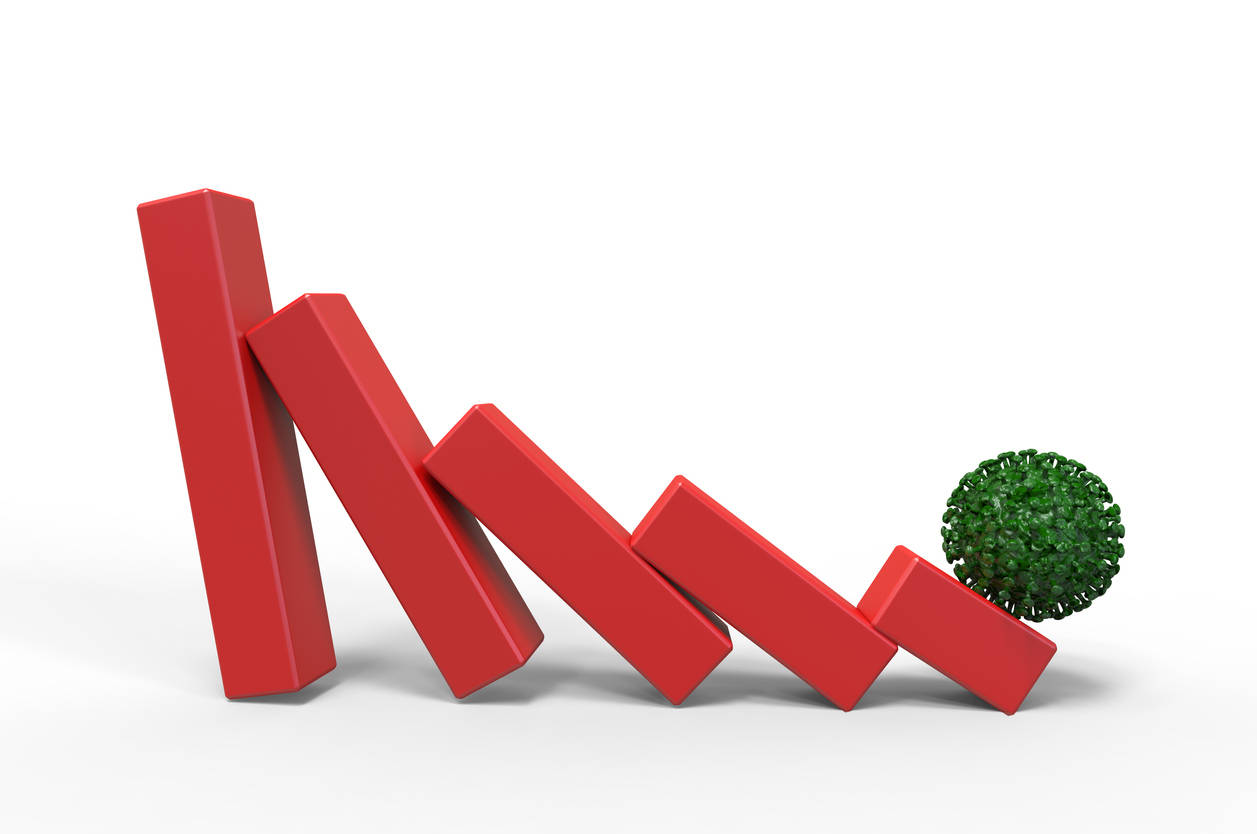The rollout of COVID-19 vaccines, easing restrictions and new rounds of government stimulus have boosted mall traffic, helping Simon rebound from a coronavirus-driven downturn in 2020 when many of its tenants went out of business or cut back on rent payments.
“The increase in traffic for our open air and suburban centers has been very encouraging … with higher sales volumes in March compared to 2019 levels,” Chief Executive Officer David Simon said in a statement.
The company raised its full-year outlook for funds from operations to $9.70 to $9.80 per share, from $9.50 to $9.75 per share.
However, it lowered its full-year profit per share forecast to between $4.47 and $4.57, from $4.60 to $4.85 per share previously.
CEO Simon said the company does not expect a return to 2019 occupancy levels until next year or 2023, as it looks to play hardball in rent negotiations with tenants.
“We still have some difficult relationships and negotiations that we’re dealing with … if they’re not paying what we think is fair, we’d rather just sit on empty space,” he said.
Simon Property’s lease income fell 9.3% to $1.15 billion in the first quarter ended March 31, but it exceeded a Refintiv IBES estimate of $1.13 billion. Net profit of $1.36 per share also topped analysts’ expectations of 96 cents per share.
The company shares fell about 1% in extended trading.


